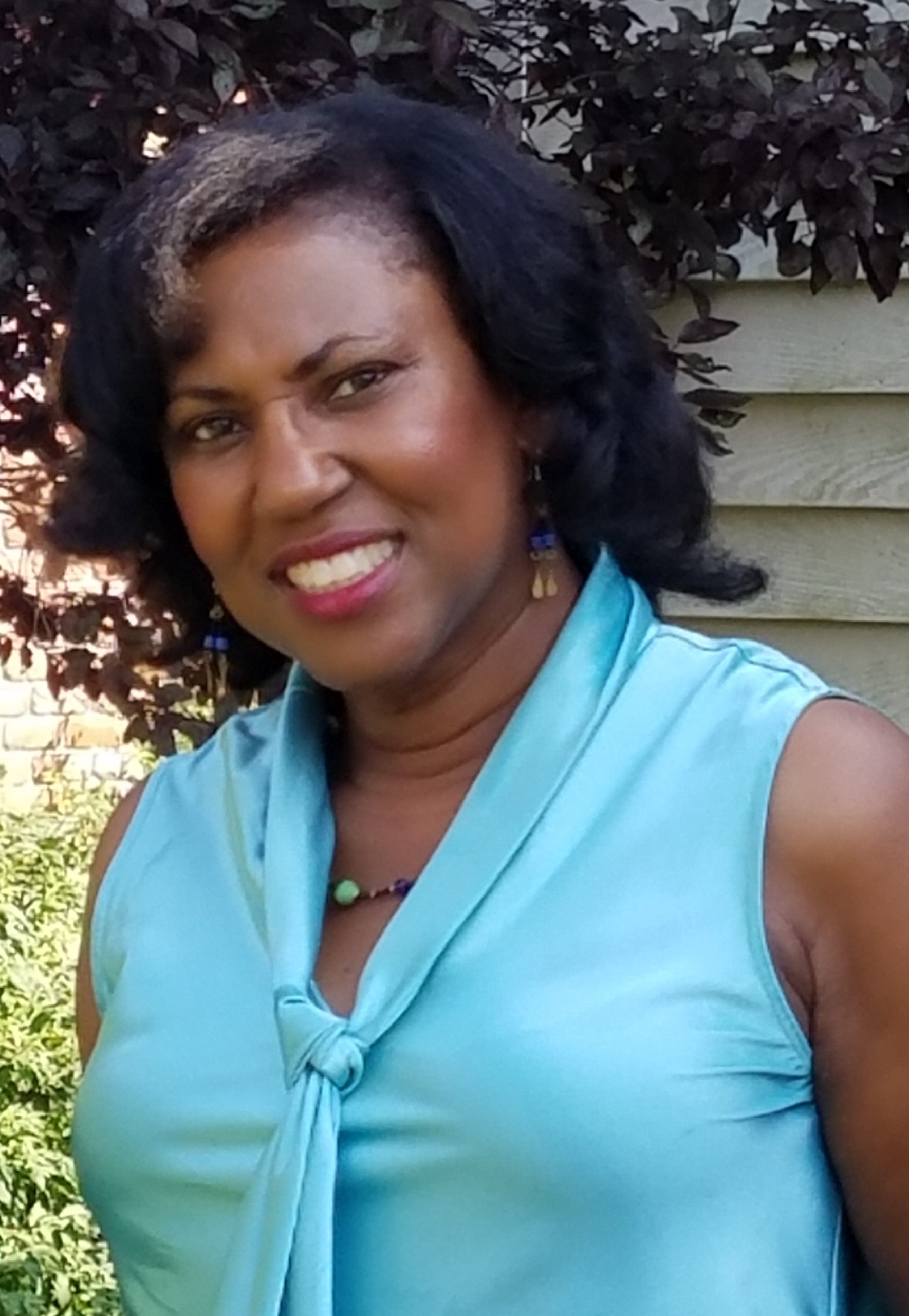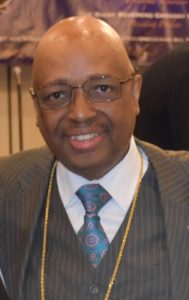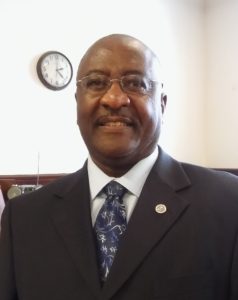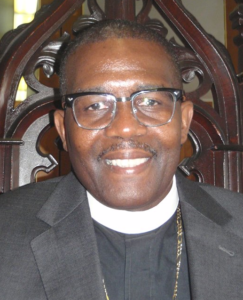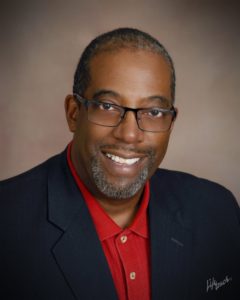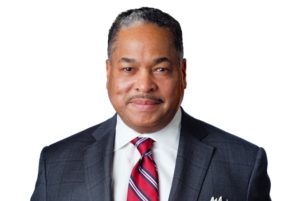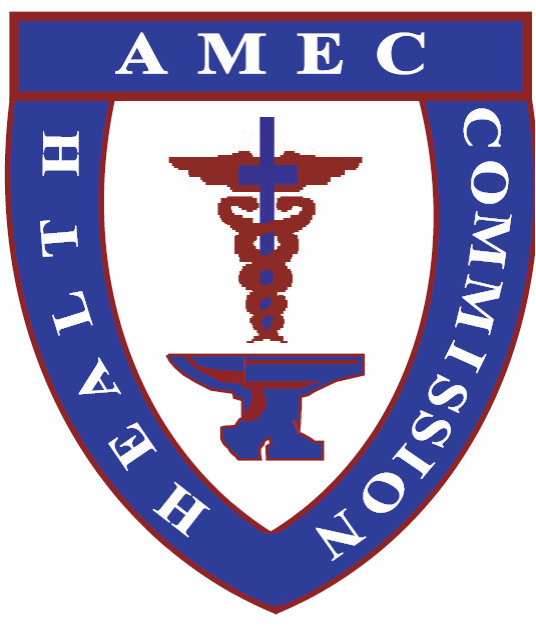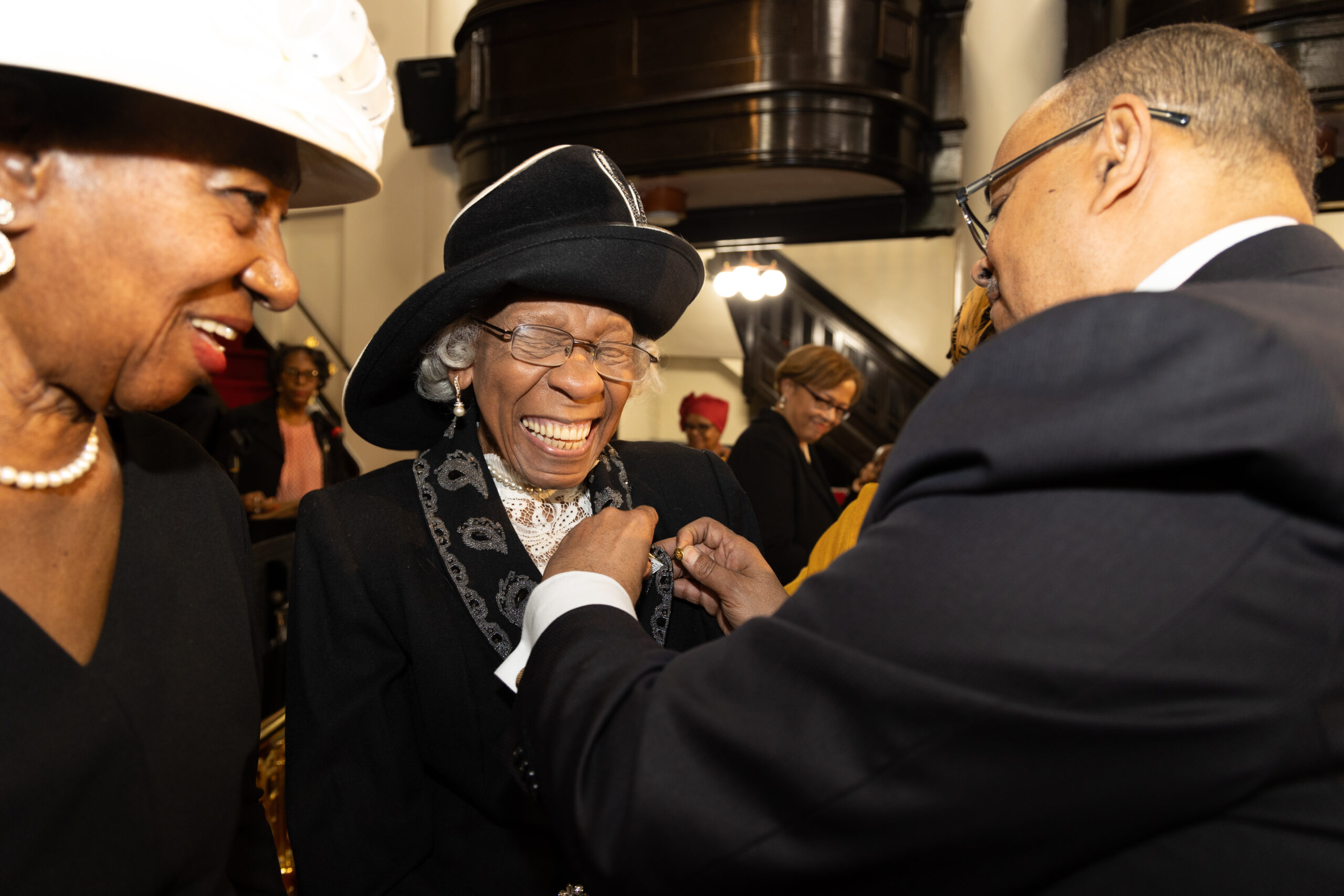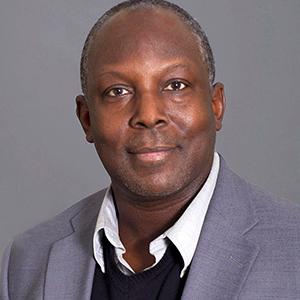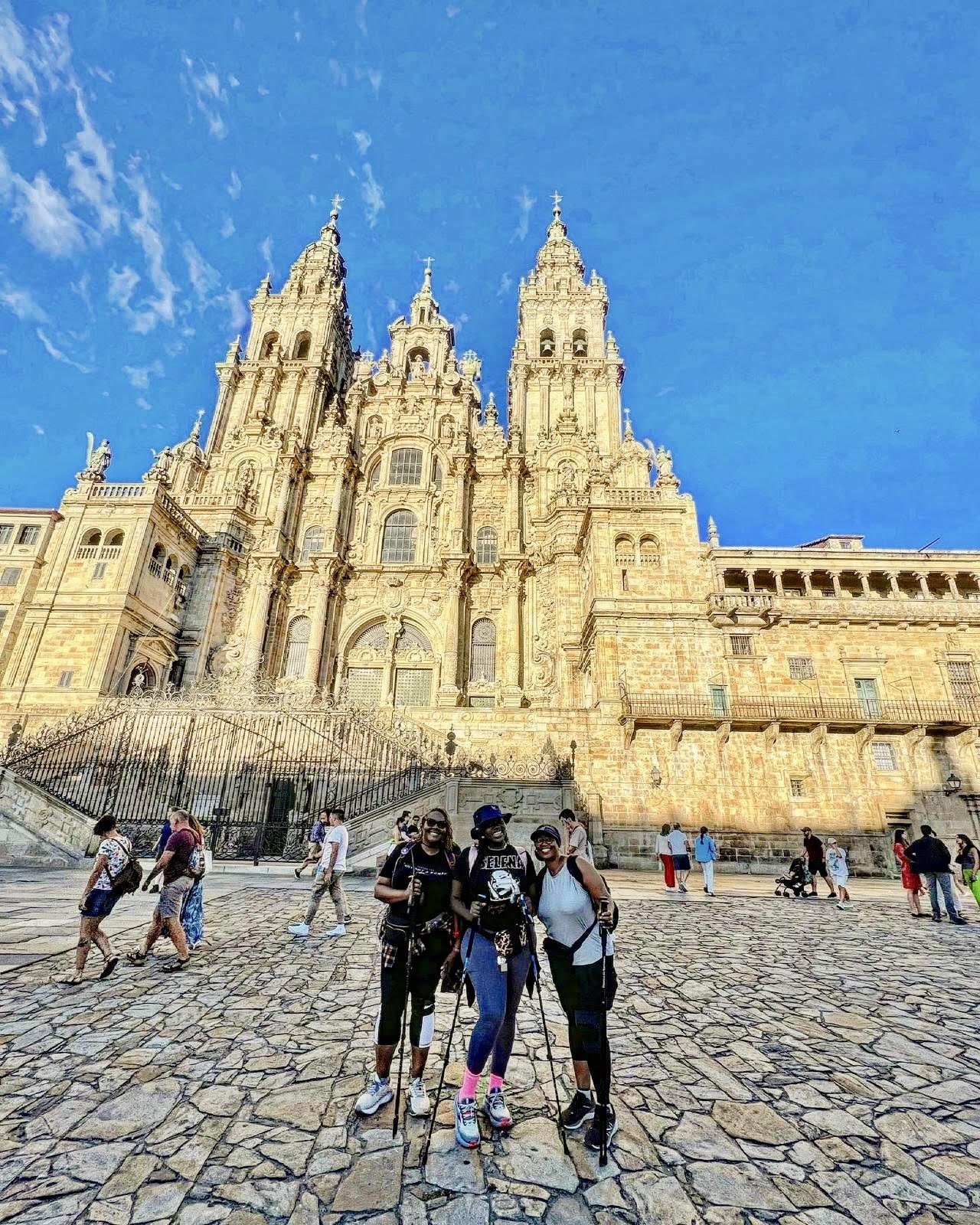Churches Encourage Giving in the Midst of a Tumbling Economy
By Angelena Spears, 1st Episcopal District
Several weeks into the pandemic, every church in the Philadelphia Annual Conference began to feel its impact. Churches could no longer have services in their buildings, members had become sick and some had died, and the economic jolt to the churches’ finances was beginning to be felt.
As the economy tumbled, several clergy were asked how it was impacting their church and what they were doing to encourage people to continue to give in such dire economic times. They shared their experiences.
The Rev. Vernon R. Byrd, Jr., Esq., the pastor of St. Matthew AME Church in Philadelphia, Pennsylvania, shared that early into the pandemic, the church began to see a bit of a downturn in the giving. Although he realized the turn in the economy was no fault of the membership, it was still concerning. He reminded the congregation that they are also employers and he really would like to make certain the staff would be covered.
The church did not turn a deaf ear to the plea. “Although it is a tough time, the members are giving in a spirit that shows that they love their church and they want it to do well,” said the Rev. Byrd. “They are doing the best they can, in extraordinary times,” he added.
The Rev. Byrd said that several members had contracted the virus and several families lost their jobs. With everything they are experiencing, it is important to stay connected as a church family.
In addition to the Sunday virtual services, during the week there are several classes and Bible studies offered through the Zoom platform. “The people have settled into a new normal and they are appreciative, more than ever, what it means to be connected to each other,” said the Rev. Byrd. “They are coming to realize that the church is not [confined to] where you are… Even though there are many symbols tied to the physical church, like stained glass windows and the altar—these symbols are important—but even if for some reason those symbols go away, we still have the presence of Jesus, the Holy Spirit. And we realize the foundation of our faith is not our symbols but Jesus himself.”
The pandemic hit just weeks before the Philadelphia Annual Conference. The Rev. Albert Johnson, the pastor of Mt. Tabor AME Church in Philadelphia, Pennsylvania, says the church was preparing to host Women’s Day activities to help them pay their assessments. However, when the churches were forced to close their doors, all of those activities had to be shelved. The offerings declined somewhat according to the Rev. Johnson but they are fortunate because the members of Mt. Tabor “love the Lord and there is a spirit of wanting to do the work of the Lord.”
The Rev. Johnson says the members understand that the church is an older building that needs care and right now is not the time to stop being supportive. “It’s like having a friend who really needs you. When they are in trouble, they need to find you,” he says.
The Rev. Johnson said the people realize that the work of the church requires sacrifice and the people of Mt. Tabor have always been sacrificial. “I have not had to beg [for offerings],” he commented. “I realize that the people are suffering and the last thing they need is to hear the pastor begging for money… So what I have had to do is to encourage the people but not beat anyone over the head,” he commented.
The Rev. Dr. Linwood M. Smith, Jr. is the pastor of Mt. Zion AME Church in Atglen, Pennsylvania, a small town in rural Pennsylvania. Even though there has been a slight decrease in the weekly giving, overall, the members have been faithful with their tithes and offerings.
The Rev. Smith credits past and present clergy and lay leaders for establishing this foundation. “The people of Mt. Zion have a heart to give,” he said. This giving nature extends to looking for ways to do ministry outside of the walls of the church.
One example is that Mt. Zion partners with other area churches to support a local school program that helps with food and financial support. “When persons in the community understand your mission and vision, they will also give to the church,” says the Rev. Smith.
The emphasis on looking for ways to help others has reaped benefits for Mt. Zion. When a former member surprised the church with a sizeable gift, the donor said he was thankful for what the church had done for him and how it had sowed into his life.
Mt. Zion’s messages during the pandemic have included how to deal with stress and anxiety. In addition to the weekly Bible study and prayer meeting, there is an online session called Fit Fridays, which has included lessons on how to prepare healthy meals.
The Rev. Smith says the class leader system has also been an extra blessing. Others must reach out and check on the members.
The Rev. Tiffany Lett-Martin is the pastor of Bethel AME Church in West Chester, Pennsylvania. She says her church was struggling with offerings before the pandemic began; and once they were no longer face-to-face, the giving further declined. “We were beginning to see 50-60 people in attendance but less than 10 were tithing,” she says. It was a big issue because the brunt of the church was being carried by a few. She says her church consists of many new believers that haven’t grown to a place of tithing.
“My mother in ministry told me that tithing—people giving their money—is the important last stronghold in a person’s faith walk,” says the Rev. Martin. “It is the last thing a new believer often gives to the Lord.”
The Rev. Martin says she emphasizes that tithing is specific to what a person has; and therefore, everyone should be able to give their portion. As offerings continued to drop, she became concerned that the church would not be able to pay its musicians. She appealed to the members to continue to support the church, even though they weren’t inside the building. She asked them, “Will you pray when there is no altar?” “Will you give an offering, even when there is no plate being passed?”
She prayed and God directed her to be in daily contact with her membership. An evening prayer call was set up for Mondays through Saturdays. The devotions include singing, praise reports, and prayer requests. The result was phenomenal. Five weeks into the pandemic, things were looking financially bleak. Then, there was a huge shift. It was obvious that people’s hearts towards giving changed because the giving almost doubled! “I believe that God is raising up a new Church,” she said.
The Rev. Lawrence C. Henryhand is the presiding elder of the Harrisburg District in the Philadelphia Annual Conference. He is aware that some of the churches within his district have suffered financially. He said some of the offerings since COVID-19 are down as much as 50 percent.
According to Elder Henryhand, his district has been particularly vulnerable because many of the churches are quite small, some with as few as 25 members. “When a church is that small, the income from the offerings is just enough to keep the lights on,” he says.
Although the churches are adapting to having services via Zoom and conference calls, he asserts that it just is not the same when it comes to giving. The smaller churches rely on programs to make ends meet and those programs had to be canceled.
He believes that if there is a bright spot, it is that COVID-19 has taken the Church back to the basics. There is a greater emphasis on reaching out and connecting with the membership. “We are working for the Kingdom. Despite everything else, we are still trying to save souls,” he says.
Ms. Angelena Spears is the Philadelphia Conference Reporter.

